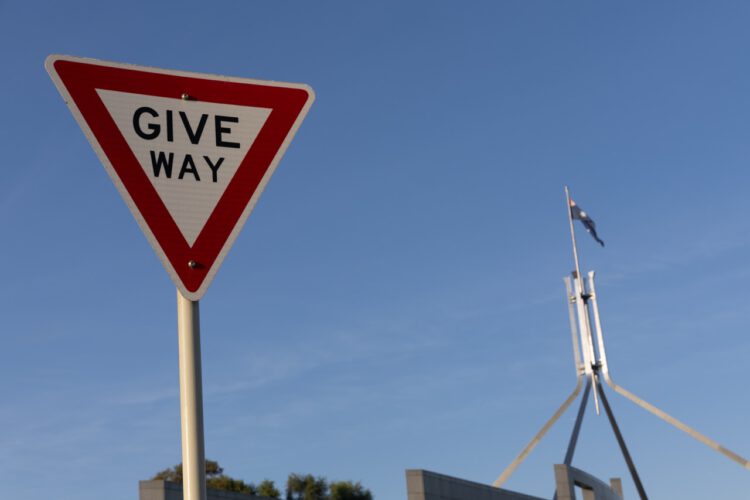The electoral donation changes the Labor government offered up after over a year of delay are…disappointing to say the least. The legislation mostly entrenches the two-party system and will make it difficult for first time independent and minor party candidates to get a foothold in the electoral system, given how the bill sets out a very uneven playing field.
But the Coalition have come on board to help Labor pass the bill (shocking) as neither party wanted the crossbench to have negotiating power here. That is probably the strongest campaigning line from this bill – that the major parties are so afraid of independents and minor parties changing the two-party system in the parliament, they’ll come together to fend them off. The enemy of my enemy and all that.
Independent MP Dai Le defeated Labor’s Kristina Keneally at the last election with just $80,000 from her community. Well before Kendrick taught the world how to be a world class hater, the people of Fowler came together to tell Labor they didn’t appreciate being taken for advantage and they would elect their own candidate thank you very much.
Le looks like being re-elected this time round as well, with Labor’s selection of Tu Le, who should have been preselected before the decision was made to parachute in Keneally to solve a senate factional fight, coming too late.
Le laid out her issues with the deal on ABC radio RN Breakfast:
You know it’s supposed to enhance integrity and, you know, improve transparency and accountability. That’s what the government said, and obviously that’s what the major party is sort of trying to sell. Now, I think there are quite a few disadvantages for an independent from my perspective.
You know, the real time disclosure, the administrative burden of that for an independent who running for the first time, makes it difficult for them to try and do that. From my perspective, you know, it’s just you focus on your campaign, and you try and and get out there and meet with the people and get your message across.
Secondly, I think look that for me, the cap, like you said, I raise about $80,000 from my community. And you know, there’s people who donate 100 bucks, so the cap for me, for me, I’m in a unique position, because I’ve been in the community for over a decade. So people know me, so therefore they know who they’re voting for, but for independents, who’s its the first time they would need to spend money in order to campaign, in order to actually compete with the incumbent, with a major party, I think the cap, you know, for individual, I think its $640,000 each calendar year that seems like a lot. But for some other independents, that is not, because it takes a lot to actually, you know, put up billboards, corflutes , mailing out all of that costs a lot of money.
So therefore for the other independents, they find that’s a real challenge for them, and it’s a real blockage. I think that the part that it concerns me the most is the administrative funding for parties and incumbent independent members to offset compliance. So that’s it.
That’s going to give all of us who are sitting about $35,000 each. We already got an office, but they’re going to give us increase money to administer this new change in that that they that the major parties are proposing, and also to give to increase the the funding to candidates, you know, for currently, I think it’s about three, $3 but it’s going to go up to $5 if you get 4% you know, of first preferences votes at the federal election.
